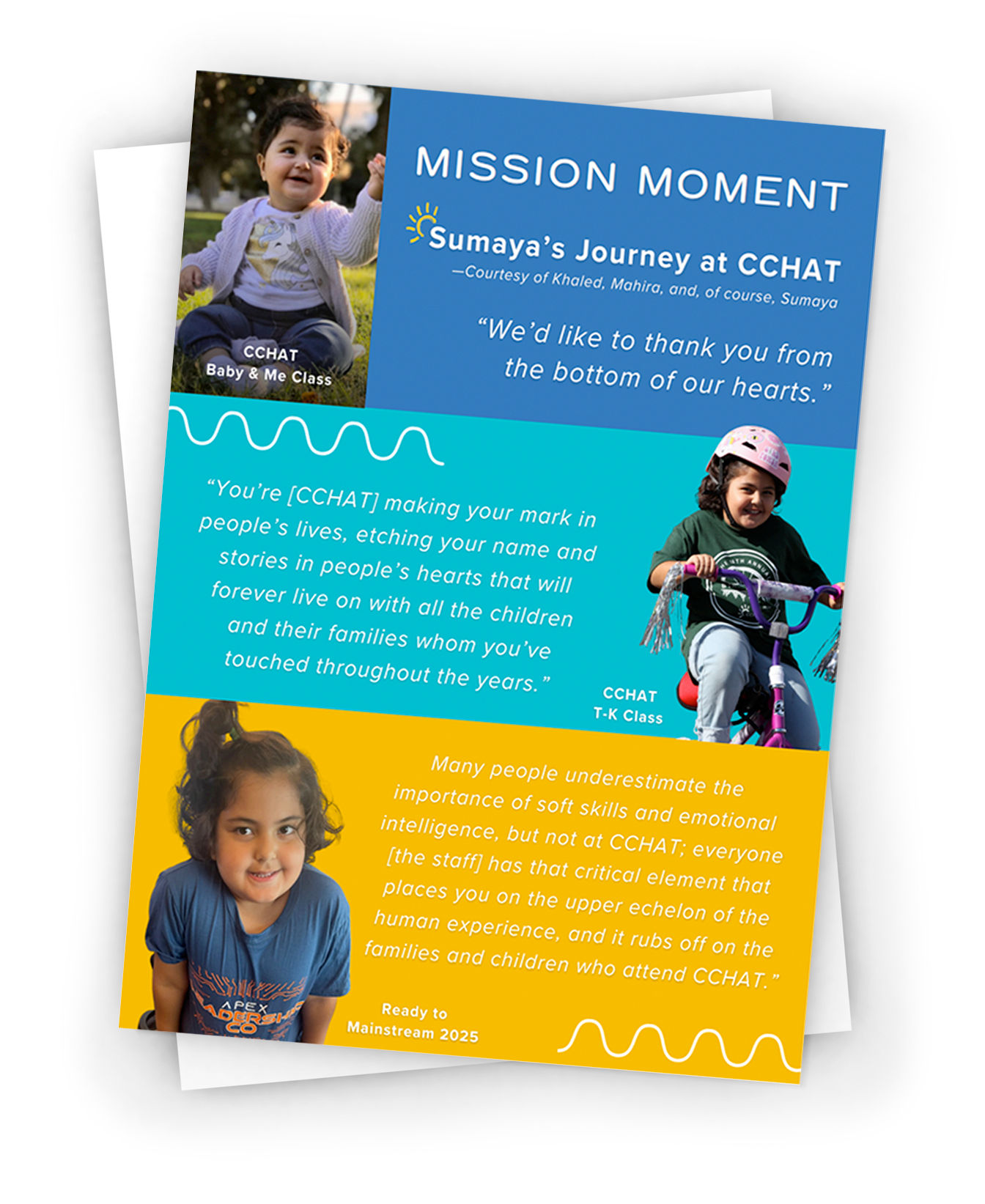Tips from a Real Mom: Helping Your Child with Hearing Loss Develop Social Skills and Make Friends

The new school year can bring about many emotions for you as a parent. Excitement, hope, and worry are a just a few feelings that come to mind. While most of these emotions pertain to your child’s learning journey, there’s one area that can bring more nerves than others; wondering if your child will make new friends. Hear from Marge Edwards, the Community Coordinator for Hearing First’s Family Support Community about her experience raising sons with hearing loss and helping them develop the social and conversational skills for making friends.
“What about friends? As a parent of two boys with hearing loss, I can honestly say that the friendship question has been my biggest source of anxiety. Initially, I feared that my sons would struggle to hear their peers and would miss important conversational and social cues. I also worried they would feel isolation from friends in noisy environments. My greatest fear, though, was that they would be bullied because of their hearing aids and hearing loss. We had some struggles along the way but both boys, now 20 and 14, have built lasting friendships and are involved in a variety of academic, athletic, employment, and social activities.
Looking back, I am glad that I was motivated to do everything possible to support my sons from an early age. Hearing loss does make listening harder, and it’s worth taking extra steps to make sure your child has opportunities to learn and practice the right skills in the right environment. Here are some tips I’ve learned over the years for building strong foundational social and conversational skills that will help your child form lasting friendships:
The Early Years
- Meet-Up: Meet with other parents of infants and toddlers at home, in the park, for a walk or at the rec center. Your baby benefits from listening to and interacting with other babies in a variety of environments. They also learn a lot by hearing you talk with other adults.
- Join a Music Class: Music is an important component of auditory development and your child can participate along with other children their age.
- Schedule Play Dates: As you meet other families, plan play dates with one child at a time. You can practice LSL strategies in conversation during activities and routines involving both children.
- Find Auditory Friendly Environments: Make sure early social interactions occur in quiet settings free of TV, radio, and background noise and with only 1-2 other children.
- Make Listening Easier in Challenging Social Environments: Request a quiet table at the restaurant or use a DM/Remote microphone so your child can hear peers.
- Educate Other Parents: Talk to other parents about your child’s hearing loss, hearing technology, and your expectation that your child will develop listening and spoken language skills on par with any hearing child.
- Model and Practice Conversational Skills: Your child learns good conversational skills from you. Make sure to have plenty of serve and return interactions. Also, give your child plenty of opportunities to hear you having conversations with others.
- Teach Empathy and the Language of Emotion: A big part of friendship is the ability to hear, read, and recognize the emotions of others. Use every opportunity to talk about your child’s feelings, the feelings of family members and friends, and the emotions of book characters.
- Support Theory of Mind Development: Theory of Mind is the ability to recognize that others have thoughts and beliefs different from our own, and is the very foundation of social relationships. Though this skill does not fully develop until the age of four, you can start building these skills at a very young age.
The School Years
- Meet Families of Classmates: Connect with families of classmates and schedule after-school playdates. Build on new friendships. Often, one good friend can open the door to a network of friendships.
- Explore After School Activities: Foster your child’s interests and explore organized activities or sports. Make sure to work closely with teachers and coaches to support your child’s full participation
- Pre-Teach Rules: If your child will be participating in games or activities before, during, or after school, take time to pre-teach the rules and nuances of participation.
- Partner with Your Child’s Teachers: Educate teachers about your child’s hearing loss, personality, and interaction style and help them understand your expectations for your child’s social development. Ask teachers to contact you with any concerns.
- Focus on Positive Relationships: Build on positive friendships and let go of unproductive relationships.
- Identify and Address Issues Early: Is your child playing too independently? Are they dominating the conversation and not listening to the viewpoints of others? Work with your whole team to help your child refine their conversational skills.
- Don’t Let Bullies Interfere! Help your child understand that bullies are often motivated by their own personal challenges and develop a plan with your child to deal with them. Call your child’s school any time bullying issues arise.
The good news is that you can build these skills at home and in your own community. In fact, your community of friends, teachers, and LSL professionals will become your child’s best advocates when they join you in fostering your child’s lifelong friendships.”
For more tips to help your child foster friendships, join the Hearing First Family Support Community and meet other families who are walking the same LSL path as you!
Blog post originally appeared on the Hearing First blog, Help Your Child Develop Social Skills and Make Friends.





%20(1).png)








































.png)





